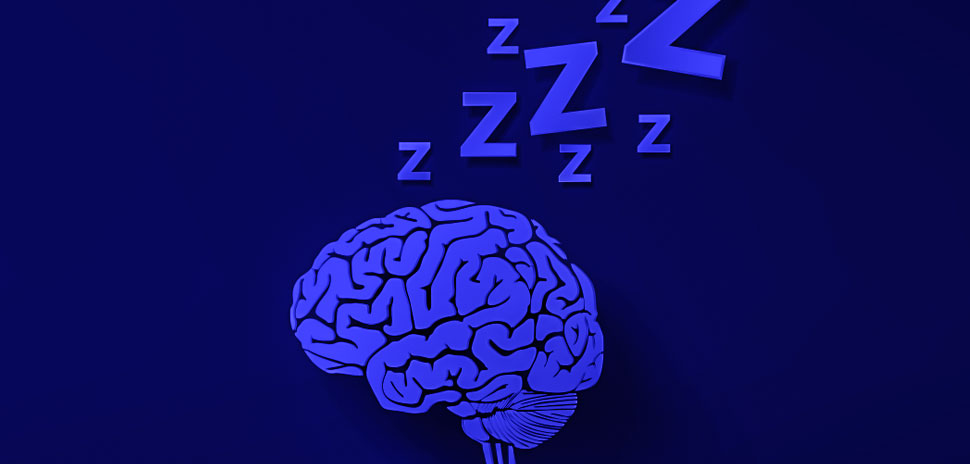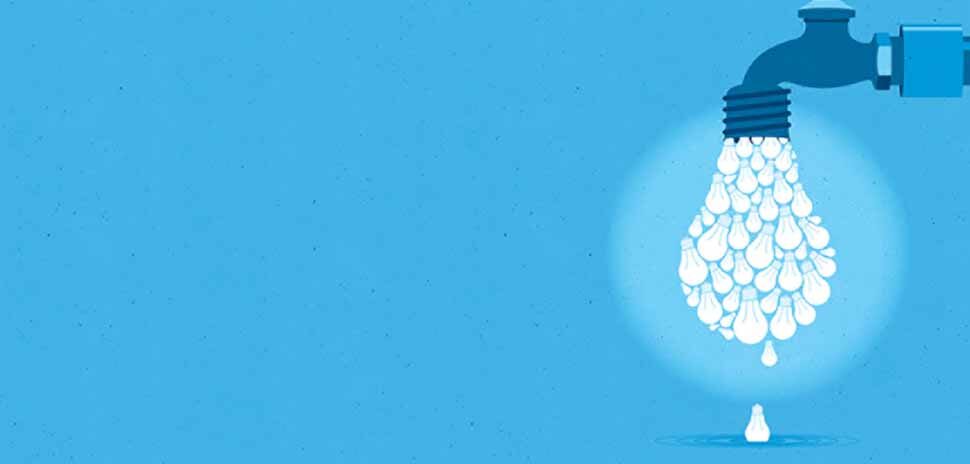Could a protein in muscle hold a key to exploring the brain for answers about some sleep disorders?
Scientists at the UT Southwestern Peter O’Donnell Jr. Brain Institute think it might.
A new study shows that a circadian clock protein in the muscle — BMAL1 — regulates the length and manner of sleep. UTSW said in a release.
“This finding is completely unexpected and changes the ways we think sleep is controlled.”
Joseph S. Takahashi
The study’s results showed the protein can lessen the effects of sleep loss in the mice, which UTSW called a surprising revelation that challenges the idea that only the brain controls all aspects of sleep.
The study is a collaboration between the O’Donnell Brain Insitute and two other medical centers. Its findings give scientists, such as Dr. Joseph S. Takahashi, chairman of neuroscience at UTSW and investigator with the Howard Hughes Medical Institute, a new target with which they can develop therapies for people with excessive sleepiness.
“This finding is completely unexpected and changes the ways we think sleep is controlled,” Takahashi said in a release. It could benefit people in occupations that require long periods of being awake, such as the military or airline pilots.
The results of the study recently were published in eLife, UT Southwestern said.
More reading about brain research
UNT Researchers Find Way to Protect Brain After Cardiac Arrest
Right Brain Factory Channels Creative Instincts into Branding
Humans Could Benefit from Songbird Brain Research




























